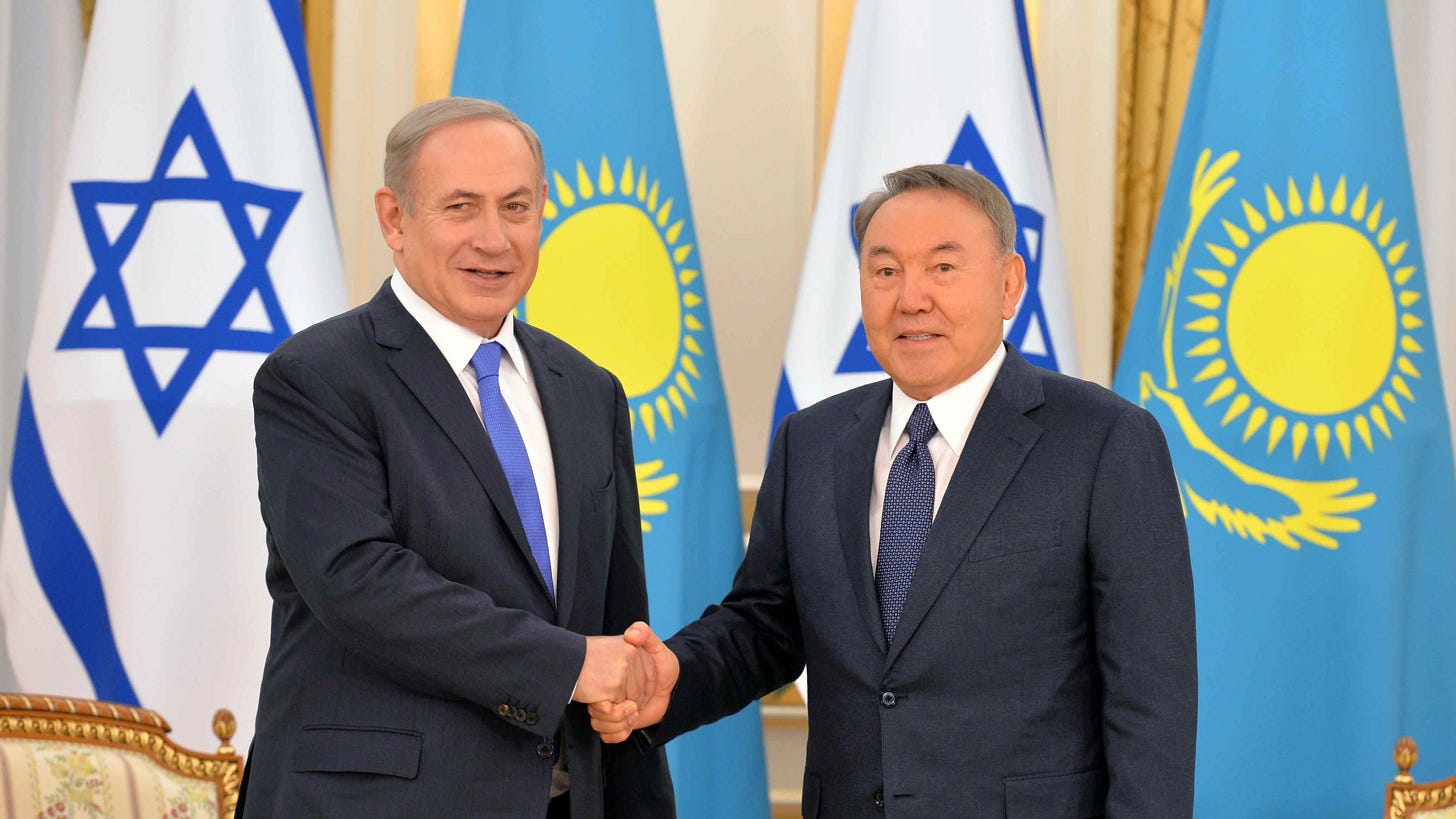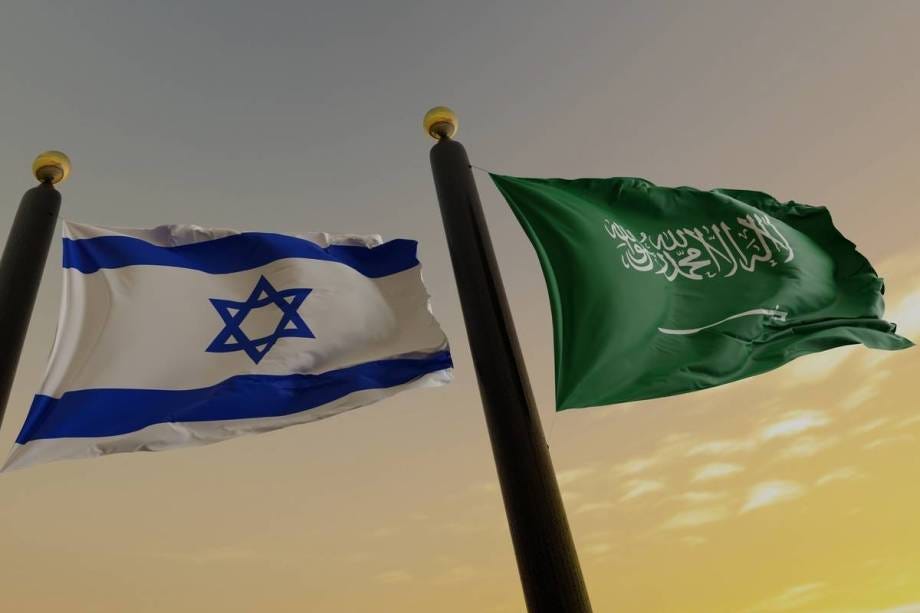Kazakhstan Joins Abraham Accords: Momentum or Mirage?
Trump revives his peace deal in MENA with Kazakhstan’s symbolic entry, but without Saudi Arabia or progress on Palestine, Abraham Accords risk becoming a hollow brand rather.
The announcement that Kazakhstan has joined the Abraham Accords marks the first expansion of the normalization framework since the Gaza war — and the first new signatory under Donald Trump’s second term. While the move gives Trump’s flagship foreign-policy project a much-needed headline, it also exposes its deeper limitations. The addition of a Central Asian state with long-standing ties to Israel highlights the contrast between symbolic progress and the stalled core objective of the accords: achieving lasting peace through meaningful Arab and Muslim engagement, led by large influential countries such as Saudi Arabia, Pakistan and Indonesia.
Why this matters and why it doesn’t?
At face value, the move gives the accords much-needed momentum. Trump hailed it as “a major step forward” and declared Kazakhstan the “first country of my second term” to join.  The expansion into Central Asia suggests a potential broadening of scope—from Arab-Israeli normalization toward a pan-Muslim-Israeli bloc. Analysts suggest this could extend the framework into Eurasia, with countries like Azerbaijan and Uzbekistan next in line.
However, the reality is more complex. Kazakhstan’s move is largely costless diplomatically—it already had relations with Israel, and the domestic/popular risk is minimal. As such, the act raises the question: if an easy win like Kazakhstan is the best new accession, what prevents the hard case—Saudi Arabia—from joining?
The Saudi hurdle
The true test of the accords’ viability remains Riyadh. Saudi Arabia remains the linchpin: its participation would likely trigger others and deliver genuine regional shift. Trump’s second-term strategy has placed Saudi at the centre of his push. 
Yet Saudi Arabia has repeatedly insisted it will not normalise relations with Israel before a viable Palestinian state. Joining the accords prematurely would undermine its standing in the Muslim world. Thus far, no major Arab state beyond the UAE, Bahrain and Morocco has made the leap.
Trump’s tactic: quantity over quality?
With Saudi refraining, Trump appears to be adopting a tactic of adding smaller states like Kazakhstan—or potentially minor ones—to sustain the façade of expansion. One U.S. official described the Kazakhstan move as part of reviving the “brand” of the Abraham Accords. 
But without Saudi or another heavyweight with real leverage on the Palestinian question, the initiative risks becoming a network of symbolic memberships, rather than a transformative peace architecture.
A symbolic expansion
On November 6, 2025, Kazakhstan announced its entry into the Abraham Accords—a diplomatic pact originally brokered by Donald Trump in 2020 between Israel and several Arab states.  While Kazakhstan has maintained full diplomatic ties with Israel since 1992, its accession is widely seen not as a breakthrough in Middle East peace but rather a symbolic effort aimed at revitalising the stagnant expansion of the accords. 
Strategic implications
• For Israel, the expansion signals reduced isolation, especially following criticism over its actions in Gaza. Kazakhstan’s accession may help in bolstering Israeli legitimacy on the global stage. 
• For the U.S., it provides leverage — particularly in its rivalries with Russia and China in Central Asia, by drawing Kazakhstan into its orbit via the Accords. 
• For the Palestinian cause, this moment is a double-edged sword. On one hand, the widening bloc could increase pressure on Israel and raise the cost of continued status-quo. On the other hand, the expansion without concomitant movement on Palestinian rights may further marginalise the core Palestinian issue, making normalization look detached from justice.
The bottom line
Kazakhstan’s accession to the Abraham Accords injects short-term momentum into the initiative and gives Trump a talking point. But it also highlights the core dilemma: the accords’ expansion remains stuck until Saudi Arabia or another major actor commits—and that won’t happen without progress on the Palestinian question.
In short, the move clarifies that the Abraham Accords are operating less as a peace-engine to resolve the Israel-Palestine conflict, and more as a diplomatic vehicle for normalization devoid of its original anchor.
If the initiative is to evolve into a genuine instrument of regional stability—rather than a catalogue of symbolic sign-ons—it must reconnect with its foundational challenge: justice and statehood for the Palestinians. Until then, the Accords may console, but they are unlikely to resolve.




